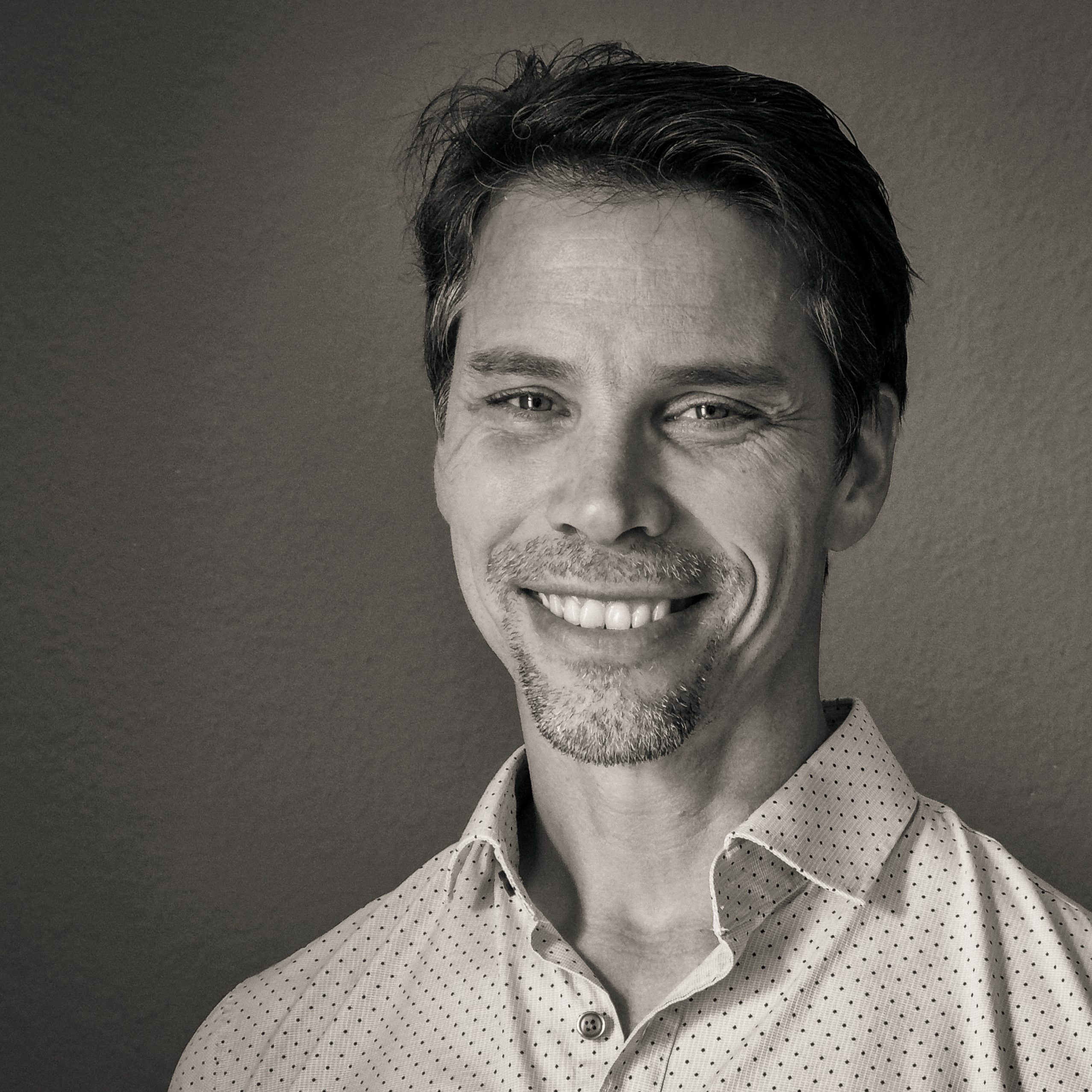
Matthieu Hodgkinson
Senior Software Developer
Muse Group
About Me
Passionate about music, I pursued a Bachelor's degree in Musicology at the Université Jean Monnet in Saint-Etienne, France. I completed the final year of this degree at the National University of Ireland, Maynooth, as an Erasmus student, where I delved into computer music. I continued my studies there, earning an MA in Music Technology, and later completed a PhD in Computer Science, focusing on Digital Signal Processing (DSP).
My PhD thesis developed mathematical models for the vibration of plucked and struck strings. These models could be used to separate transients from more stable frequency components (predominantly harmonics) in recorded samples. The extracted transients could serve as realistic inputs to synthesis systems, such as digital waveguides. Additionally, the frequency and decay parameters derived from fitting the model to the sample could be used to calibrate these systems, enabling them to replicate the sound of classical or acoustic guitars, plucked violins, and similar instruments. I gave talks about the findings of my doctoral research at several international conferences, primarily DAFx.
Following my PhD, I spent over 10 years working in the video conferencing industry, contributing to the development of GoToMeeting at Citrix, LogMeIn, and later GoTo. Working on the endpoint and the server, the backend and the frontend, in C++ and Javascript, my work primarily focused on the audio processing chain and the network transport of audio packets. I developed a patented algorithm for jitter buffer control that utilizes a perceptual model that considers packet late loss and conversational interactivity to determine the optimal buffer size on the receiver’s endpoint.
Since April 2023, I have been working for the Muse Group as part of the Audacity team. As the DSP specialist, I have the privilege of tackling some of the most engaging tasks – at least from my point of view… These often offer opportunities for creativity, and it was while working on the problem of tempo detection that I discovered the approach I will present at ADC 2024.
Sessions
-
An Efficient, Open-Source C++ Loop Classifier and Tempo Estimator
The Algorithm Behind Audacity’s Brand New Tempo Detection Feature15:00 - 15:50 UTC | Wednesday 13th November 2024 | Bristol 3BeginnerIntermediateAn efficient, offline C++ algorithm for loop classification and tempo estimation is presented, alongside its evaluation framework. The framework provides the area under the ROC curve (AUC) of the classifier, facilitating regression-free development and tuning of the algorithm. The AUC is now 0.93 when evaluated against the set of files (publicly available on freesound.org under the Creative Commons license) listed in the framework's source code. By providing computation time measurement, the framework has also been useful for optimizing the algorithm, which is now typically over 2500 times faster than real-time (measurement made on a Windows laptop with a 12th Gen […]